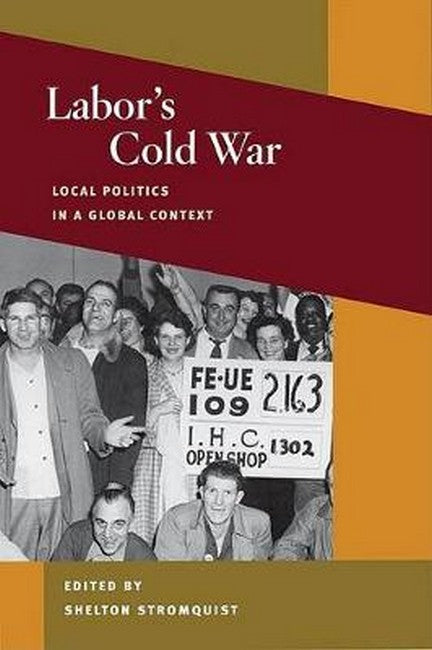Examining the impact of American Cold War politics on disparate local arenas, Labor's Cold War reveals that anticommunist challenges reshaped local political cultures and set the stage for new rounds of political debate. The contributors demonstrate that the anticommunist movement was more diverse, more pervasive, and more sharply and creatively contested than previous studies have shown. Even as the national anticommunist movement strengthened, workers and their allies defended ongoing progressive politics at the local level. Examples include struggles for fair employment, over public housing, for expansion of New Deal-style regional development, to abolish racial and ethnic discrimination policies, for rights to union representation, and for a voice in wage and price controls. Local political stories from New Mexico, California, occupied Japan, Milwaukee, Detroit, St. Louis, and Schenectedy provide important alternative perspectives on the transformative power of anticommunism in the postwar period and contribute to an ongoing revision of the history of the Cold War United States and its political legacies.

